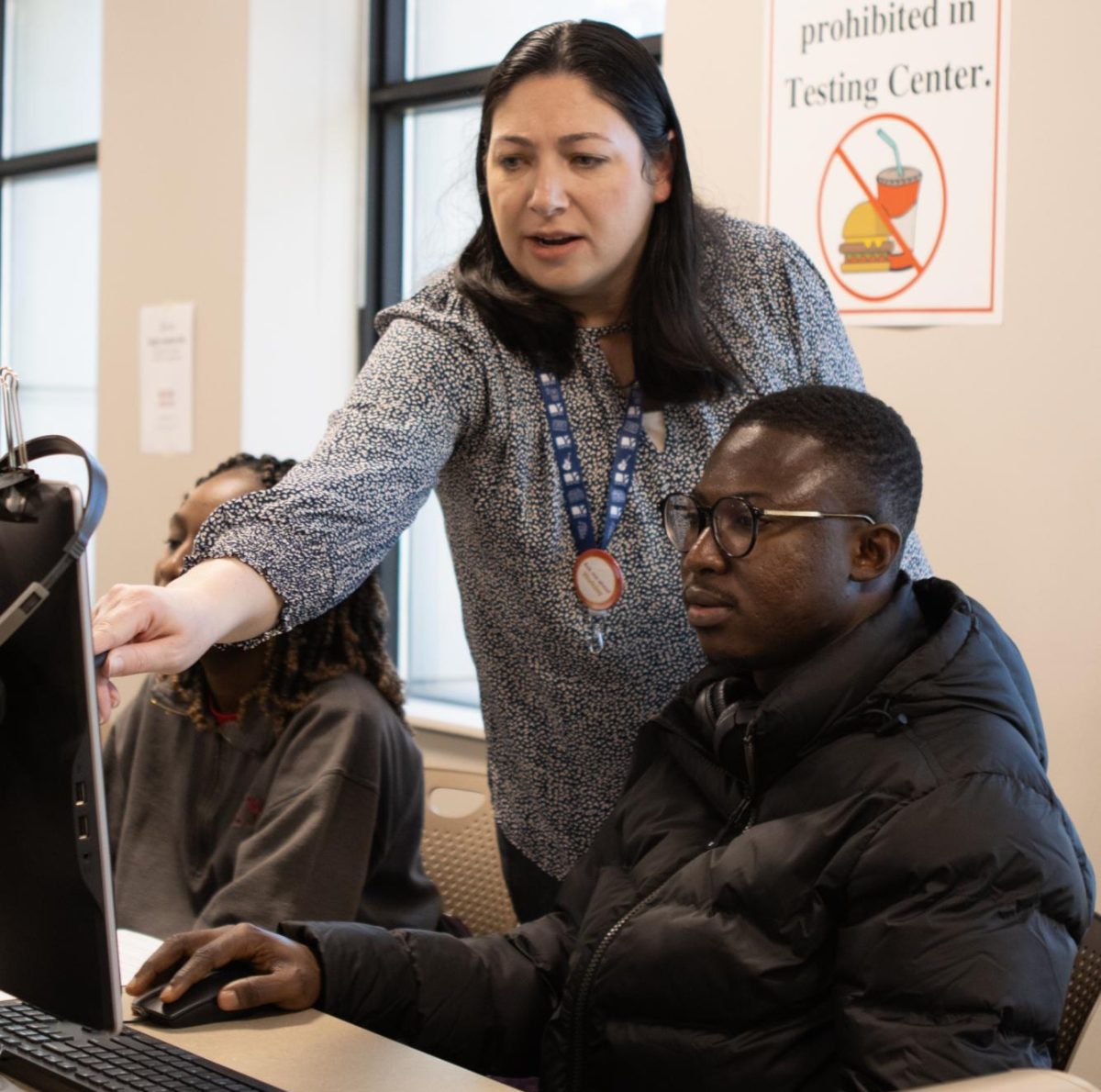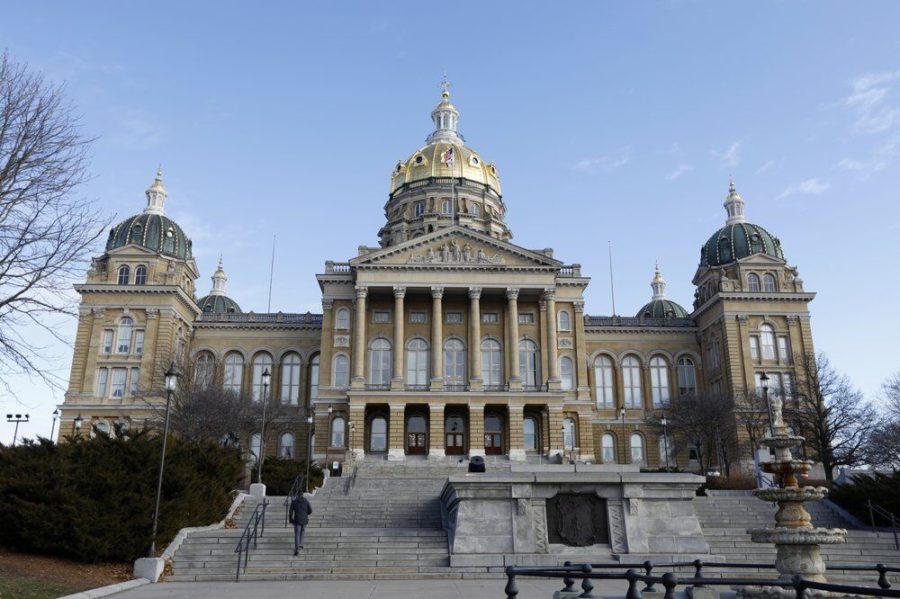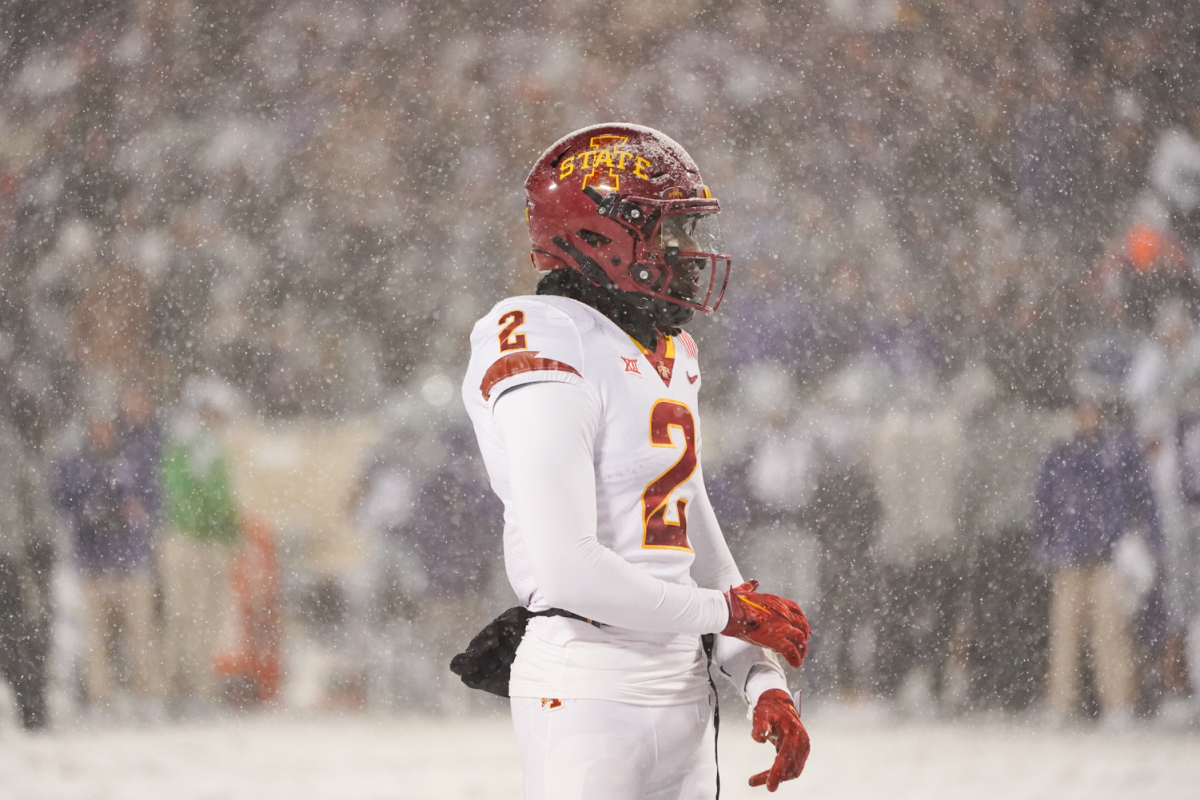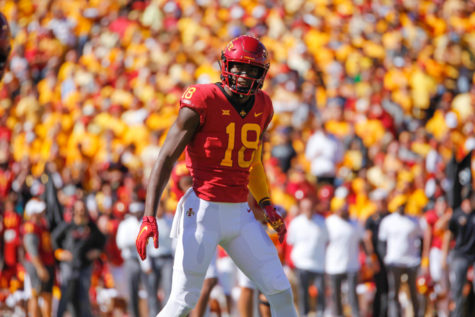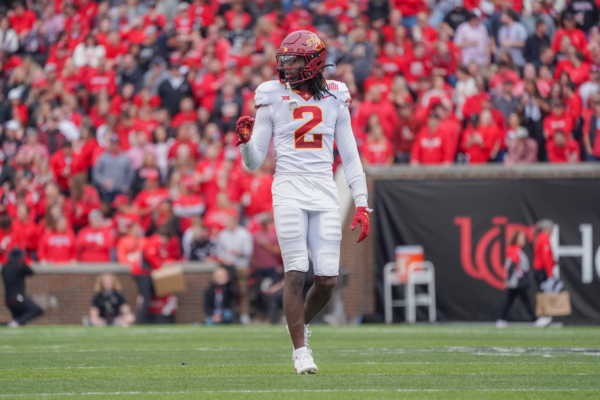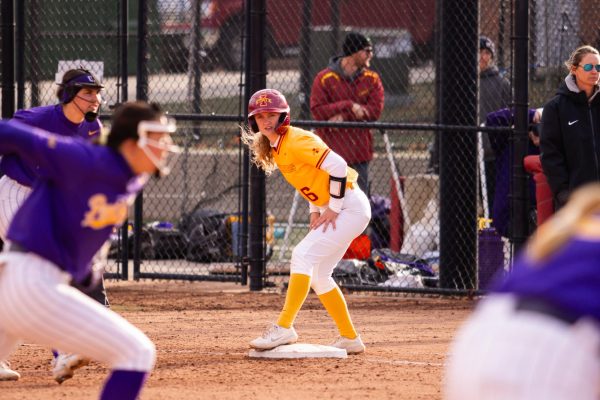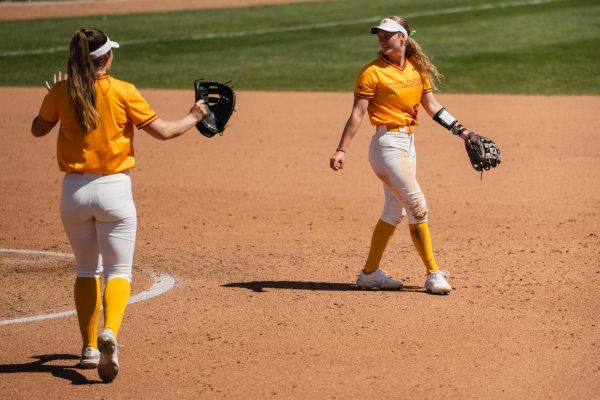An unknown economy
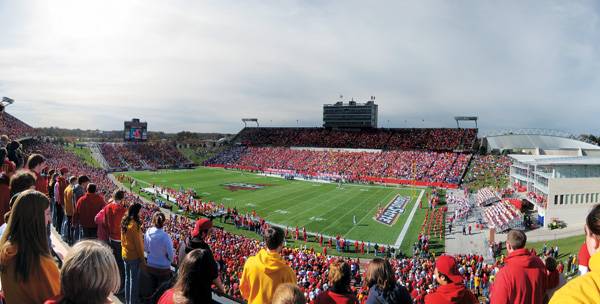
An unknown economy
April 1, 2009
With Iowa State facing budget cuts and 300 potential layoffs, it’s unclear right now how the ISU athletics department will be affected by the economy.
The real test for the department’s funding will take place as the department sells tickets for the upcoming football season, said ISU athletics director Jamie Pollard. He estimated that football supports the rest of the school’s sports by providing about 75 percent of the department’s funds.
“In the next four to six months, our industry will have a much better indicator of how the economy is impacting our industry directly,” Pollard said. “None of us have gone through a football season since the wheels came off.”
Pollard said there will be no pay increases for athletics department staff, and the department will take additional measures to deal with a faltering economy.
“We’ve spent a lot of time communicating with our staff and coaches to all be in it together, because we don’t know what the future holds,” Pollard said. “We need to make sure that we’ve done everything we possibly can to minimize the impact to the student-athlete, that’s our whole goal.”
Pollard mentioned cutting back on some of the department’s capital projects, as well as searching for ways to spend less on travel. He declined to go into specifics, saying the department was still figuring out exactly what it was going to do.
Iowa State is facing budget cuts from the state, but only 7.7 percent ($3,081,772) of the department’s budgeted funding comes from the university. Pollard said the department had to cut 10 percent of the university funding, and estimated a loss of about $350,000 of university funding.
Across the state, Northern Iowa’s athletics department has already felt the negative impact of the economy.
Last month, UNI athletic director Troy Dannen announced the university’s baseball program would be cut, unless $1.2 million is raised to save it.
Pollard said he talked to Dannen on the morning that the cut was announced.
“There’s no fun in doing what he had to,” Pollard said.
Watching that situation unfold provided a “wake-up call” for Pollard about future challenging decisions in the ISU department. Iowa State cut baseball in 2001, but hopes to keep future program cuts out of the discussion.
Nothing is guaranteed, though.
“We hope we don’t have to [cut any programs], but I can’t predict what the future economy holds,” Pollard said. “Today, we’re not having any discussions about that, but we’re in a time professionally where our society, we don’t know what it’s going to be like in three months, six months, nine months. I hope we’re not in that spot, but I don’t have a crystal ball.”
Part of what could help Iowa State is the revenue generated from the football program. Dannen told The Des Moines Register last month that men’s basketball is the only program at Northern Iowa that supports itself. That is not the case at Iowa State, which makes most of its revenue off of football.
No other sport besides football or men’s basketball makes enough money to support itself, not even women’s basketball which averages nearly 10,000 fans a game.
According to Iowa State’s 2009 fiscal year budget, the athletics department expected to make nearly $9 million in revenue on football ticket sales and was budgeted to spend just over $2.5 million. Women’s basketball, wrestling and ‘other sports,’ however, were only budgeted to make a combined $766,153 in ticket sales revenues while spending $4.6 million.
In order to keep up with the economy, Pollard said, fans and donors will need to step up. The department expects just under $8 million in revenues from fundraising in 2009.
Pollard said the department needed to empathize with donors who are suffering from the economy, but needs to remain confident so donors will do the same.
“There is no question it is challenging times, there’s no questions about that. But tomorrow’s going to come, you can’t quit, you have to find a way through it,” Pollard said. “And it’s important to send that message because otherwise it’s a self-fulfilling prophecy.
“We need people to come out and make their donations, but they’re not going to do that if they think we’re folding up our tents and going home.”

